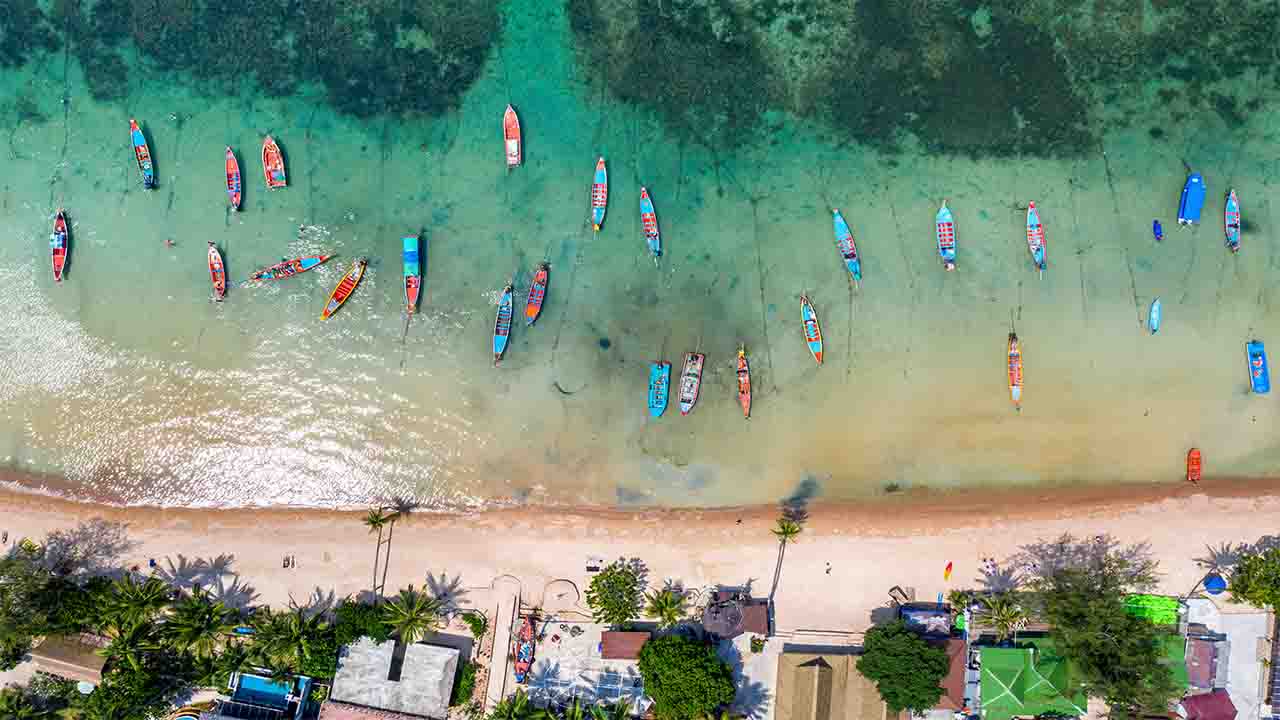Coastal tourism has a long history, dating back to the 19th century, and continues to be popular today. The stunning beauty, cultural richness, and diverse attractions of coastal areas make them preferred destinations for many travelers. Coastal tourism encompasses land-based activities like swimming, surfing, sunbathing, and other recreational activities that occur along the coast and depend on proximity to the sea. This also includes the services and amenities that support these activities. Coastal tourism, on the other hand, involves sea-based activities such as boating, yachting, cruising, and nautical sports, along with the infrastructure and services that cater to these activities. Both forms of tourism contribute significantly to local economies, create job opportunities, and enhance the overall tourism experience for visitors.
Coastal tourism plays a crucial role in the economies of many island nations, providing a significant source of income and employment for local communities. The revenue generated from tourism helps to support various sectors, including hospitality, transportation, and local businesses, contributing to overall economic growth and development.
According to the World Travel and Tourism Council, small island nations where coastal tourism is a dominant factor in the tourism industry typically generate a significantly higher percentage of their GDP from tourism compared to the global average of 10.4%. This calculation includes direct contributions from tourism activities, as well as indirect contributions from related industries and induced contributions from the spending of tourism employees. Coastal tourism’s strong economic impact underscores its importance as a key driver of economic growth and development for these nations.

In addition to its economic benefits, coastal tourism also has cultural significance. Coastal areas often have rich cultural heritage, and tourism can help promote and preserve these traditions. Tourists visiting these areas can learn about the unique customs, cuisines, and lifestyles of the local communities, leading to cultural exchange and international recognition.In addition to its economic benefits, coastal tourism also has cultural significance. Coastal areas often have rich cultural heritage, and tourism can help promote and preserve these traditions. Tourists visiting these areas can learn about the unique customs, cuisines, and lifestyles of the local communities, leading to cultural exchange and international recognition.
Moreover, coastal tourism attractions, such as pristine beaches, vibrant coral reefs, and stunning natural landscapes, are major draws for visitors seeking relaxation and adventure. These attractions not only showcase the natural beauty of the islands but also promote cultural exchange and international recognition, as tourists learn about the unique traditions, cuisines, and lifestyles of the local communities.
Despite these benefits, coastal tourism also brings challenges. The influx of visitors can put pressure on fragile coastal ecosystems, leading to environmental degradation, habitat destruction, and pollution. Additionally, the increased demand for resources, such as water, energy, and food, can strain local infrastructure and services, impacting the quality of life for residents.
To address these challenges, sustainable tourism practices are essential. This includes promoting responsible travel behavior, conserving natural resources, and supporting local communities through initiatives that promote cultural preservation and economic empowerment. By adopting sustainable practices, island nations can maximize the benefits of coastal tourism while minimizing its negative impacts, ensuring the long-term viability of this vital industry.
In fact, coastal tourism plays a crucial role in the economic and cultural life of island nations, providing valuable opportunities for growth and development. However, sustainable management practices are essential to ensure the long-term viability of coastal tourism and to protect the natural and cultural heritage of these nations.








